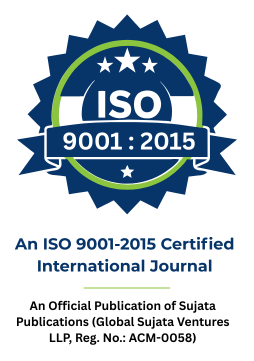Sweet Alyssum (Lobularia maritima): Medicinal Potential, Nurturing Techniques, and Ecological Significance - A Comprehensive Review
DOI:
https://doi.org/10.62896/jcarr.v1.i1.03Keywords:
Lobularia maritima, medicinal potential, cultivation techniques, ecological significance.Abstract
The plant known as sweet alyssum (Lobularia maritima) has important ecological, therapeutic, and agricultural potential. Antimicrobial, anti-inflammatory, and potentially anticancer actions are some of its therapeutic qualities. We go over how to cultivate it, what kind of soil to use, how to propagate it, and how to maximize the phytochemical content. In addition to encouraging biodiversity and ecological resilience, sweet alyssum is also utilized for soil enrichment, insect control, and pollinator attraction. Compatibility with specialized crops, potential as a cover crop, and long-term benefits to soil ecology are only a few of its agricultural uses. The ecological effects of the plant include improving water retention, promoting biodiversity, and aiding in the sequestration of carbon. Expanding cultivation for commercialization, optimizing traits through breeding programs, addressing gaps in the literature, and exploring multidisciplinary research topics are some of the future study goals. All things considered, the importance of sweet alyssum in sustainable agriculture, health care, and environmental preservation is emphasized.

Downloads
Published
Issue
Section
License

This work is licensed under a Creative Commons Attribution-NonCommercial 4.0 International License.



